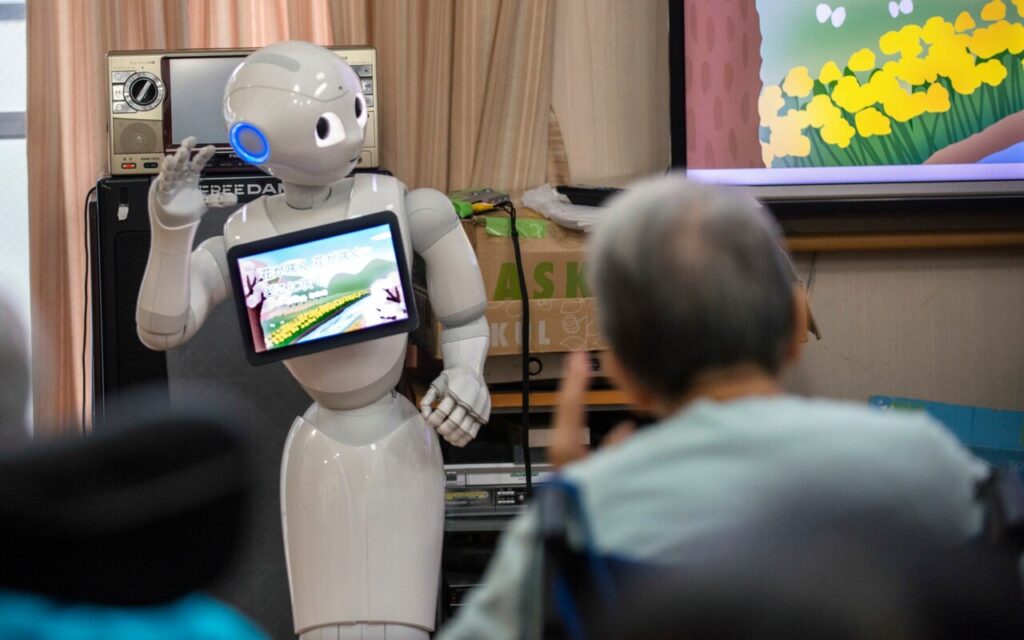October 30, 2023
In a remarkable technological shift, Japan is at the forefront of a societal transformation where humanoid robots are not just machines but potential family members. Japanese roboticists have long been pioneers in creating robots that offer companionship to humans, and the government has set forth an ambitious plan to make a “robotic lifestyle” a reality in every household by 2025.
The idea of living alongside robots might sound like science fiction in many parts of the world, but in Japan, it is becoming an increasingly popular and accepted reality. The Japanese government’s vision encompasses safe, comfortable, and convenient living with the aid of companion machines. This plan is not solely about technological progress; it reflects the social integration of robots and the growing emphasis on human care in a rapidly evolving society.
One of the key reasons behind Japan’s comfortable embrace of robots as part of the family lies in the country’s unique cultural and religious background. Unlike the Judeo-Christian tradition that prevails in many Western nations, Japan’s Shinto religion is rooted in animist beliefs. Shinto ascribes spirit and personality to inanimate objects, making it easier for the Japanese to accept the idea that robots possess a certain vitality. Anthropologist Jennifer Robertson explains, “Shinto, the native animistic beliefs about life and death, holds that vital energies, deities, forces, or essences called kami are present in both organic and inorganic matter and in naturally occurring and manufactured entities alike. Whether in trees, animals, mountains, or robots, these kami (forces) can be mobilized.”

The integration of robots into Japanese society extends beyond companionship. Humanoid robots are being developed to perform a wide range of functions, including nursing and befriending the elderly and sick, firefighting, carrying heavy loads, providing physical therapy to patients, and even working alongside humans in office settings. These robots are continually evolving, with many of the latest iterations capable of performing multiple functions, displaying the versatility and adaptability of this technology.
Despite the undeniable potential of humanoid robots to enhance various aspects of human life, there are concerns regarding their impact on employment and privacy issues linked to data collection. However, it is clear that these robots are poised to play a significant role in shaping our future. As we journey through the uncharted territories of tomorrow, it becomes increasingly vital to consider how we can effectively integrate technology into our lives while ensuring it aligns with our needs and values.
Resources:
1.https://bigthink.com/the-future/the-equality-machine/
2.https://www.freethink.com/robots-ai/humanoid-robots-japan
3.https://www.cbsnews.com/news/apollo-humanoid-robot-ai-artificial-intelligence/
4.https://www.asahi.com/ajw/articles/14335640
5.https://www.gettyimages.com/detail/photo/futuristic-cyborg-head-royalty-free-image/1135203943